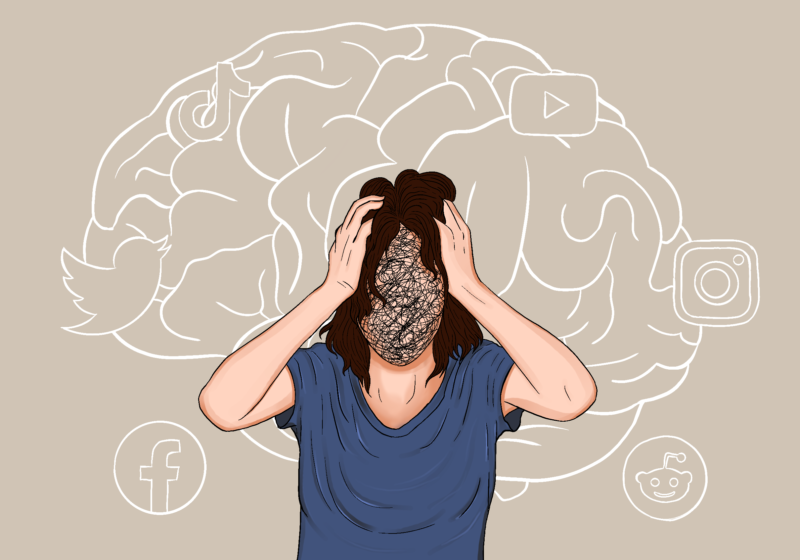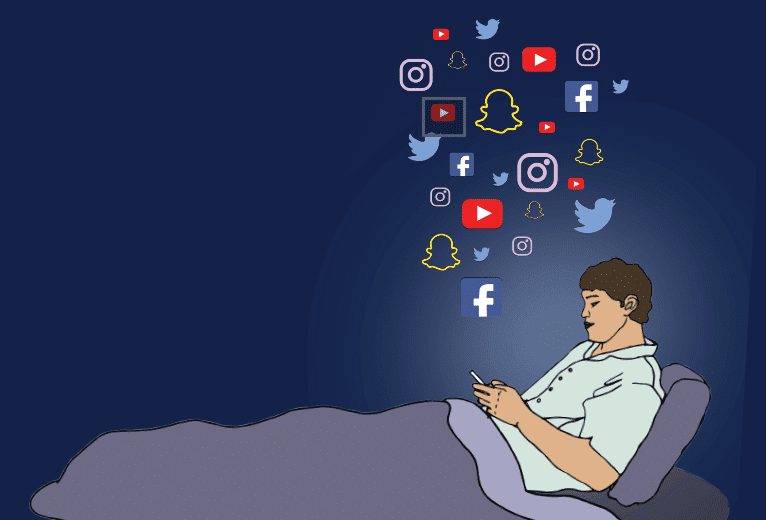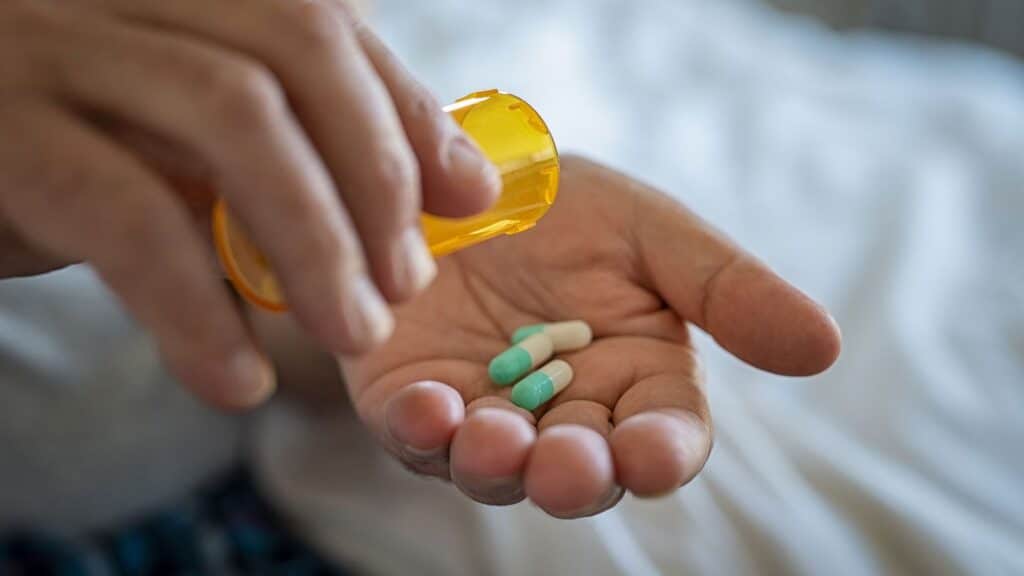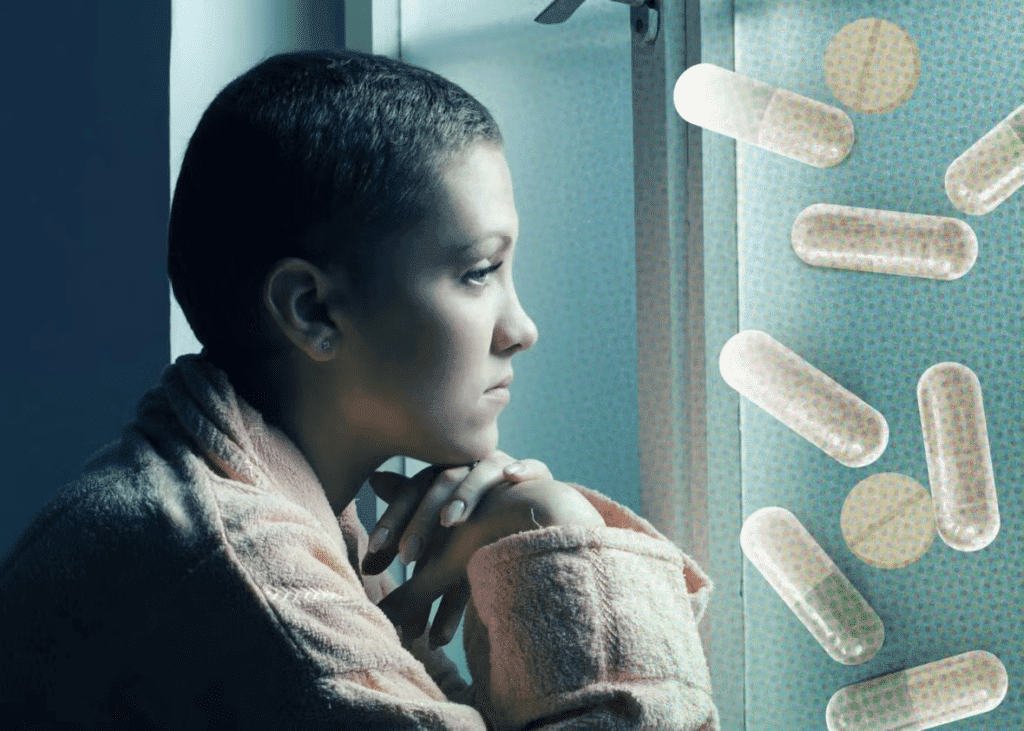Traditional treatment methods such as talk therapy, psychotherapy, cognitive-behavioral therapy, and others have been used as instrumental parts of comprehensive, evidence-based treatment programs for decades. The reason for their ongoing use is simple. They are proven successful in treating various mental health and substance use disorders. However, their success does not mean they are the only successful or beneficial treatment options. Recently, many addiction treatment centers across the nation have begun integrating alternative treatment programs into their treatment plans.
Are Alternative Treatment Methods Used in Addition to Traditional Methods?
As addiction is unique to the individual, it has been found that utilizing various alternative treatment methods in conjunction with traditional treatment methods provides greater chances of overall success. Many (if not all) alternative treatment methods are not considered substitutes for traditional therapy techniques. Depending on the treatment center program, these alternative therapies (such as art, music, yoga, mindfulness, and biosound therapies) are used alongside cognitive-behavioral therapy, individual therapy, group therapy, family therapy, and nutritional support to create a holistic treatment plan designed around each patient’s unique treatment needs.
Biosound Therapy Explained
Biosound therapy is growing in popularity as a promising treatment for mental health and substance use disorders. Biosound therapy is a simple and painless procedure that utilizes sound (specifically vibrations) to help put the nervous system in a state of relaxation. During a biosound session, you will sit in a special chair and be covered with a blanket. Throughout the session, you are exposed to a variety of vibration patterns that you can both hear and see. Biosound therapy is a non-invasive, non-narcotic means of mitigating mental health symptoms (such as depression and anxiety) as well as reducing the pain and discomfort associated with detox and withdrawal.
Research examining the effectiveness of biosound therapy showed significant symptom reduction across many different mental health and addiction concerns, including stress, depression, headaches, impulsivity, cravings, and others. In some cases, symptom reduction was as much as 57% when compared to levels pre-biosound session. When used in a mental health or addiction treatment setting, biosound therapy can help reduce treatment outcomes by calming the body and mind, therefore improving overall well-being and treatment response. In some cases, biosound has been used when patients are struggling to remain in the treatment setting due to increased anxiety and other common symptoms surrounding the detox and withdrawal process.
Biosound therapy is not a standalone treatment. It is used in conjunction with other evidence-based treatments such as cognitive-behavioral therapy, dialectical behavior therapy, and motivational interviewing to provide a comprehensive, individualized approach to addiction and mental health treatment.
How Relevance Treats Addiction
At Relevance Recovery, we understand the challenges you may face when choosing to seek addiction treatment. Our outpatient treatment program focuses on long-term sobriety. Unfortunately, going to rehab is just the first step of getting sober. Addiction is a lifelong disease. If you are ready to seek addiction treatment, reach out to the caring and compassionate team at Relevance Recovery today.
Our admissions and treatment teams will work with you to create a treatment plan designed to meet your unique treatment needs and goals. At our New Jersey treatment center, we provide treatment programs that include evidence-based treatment models such as outpatient treatment, holistic addiction treatment, MAT, and cognitive-behavioral therapy combined with alternative treatments like biosound therapy (and many others) to create a holistic and comprehensive treatment plan.
We understand your recovery journey does not end upon the completion of an addiction treatment program, which is why we provide robust aftercare planning to help ensure continued support during the transition process. If it’s time to start your journey to sobriety, don’t wait another day to take the first step. Contact Relevance Recovery today.









